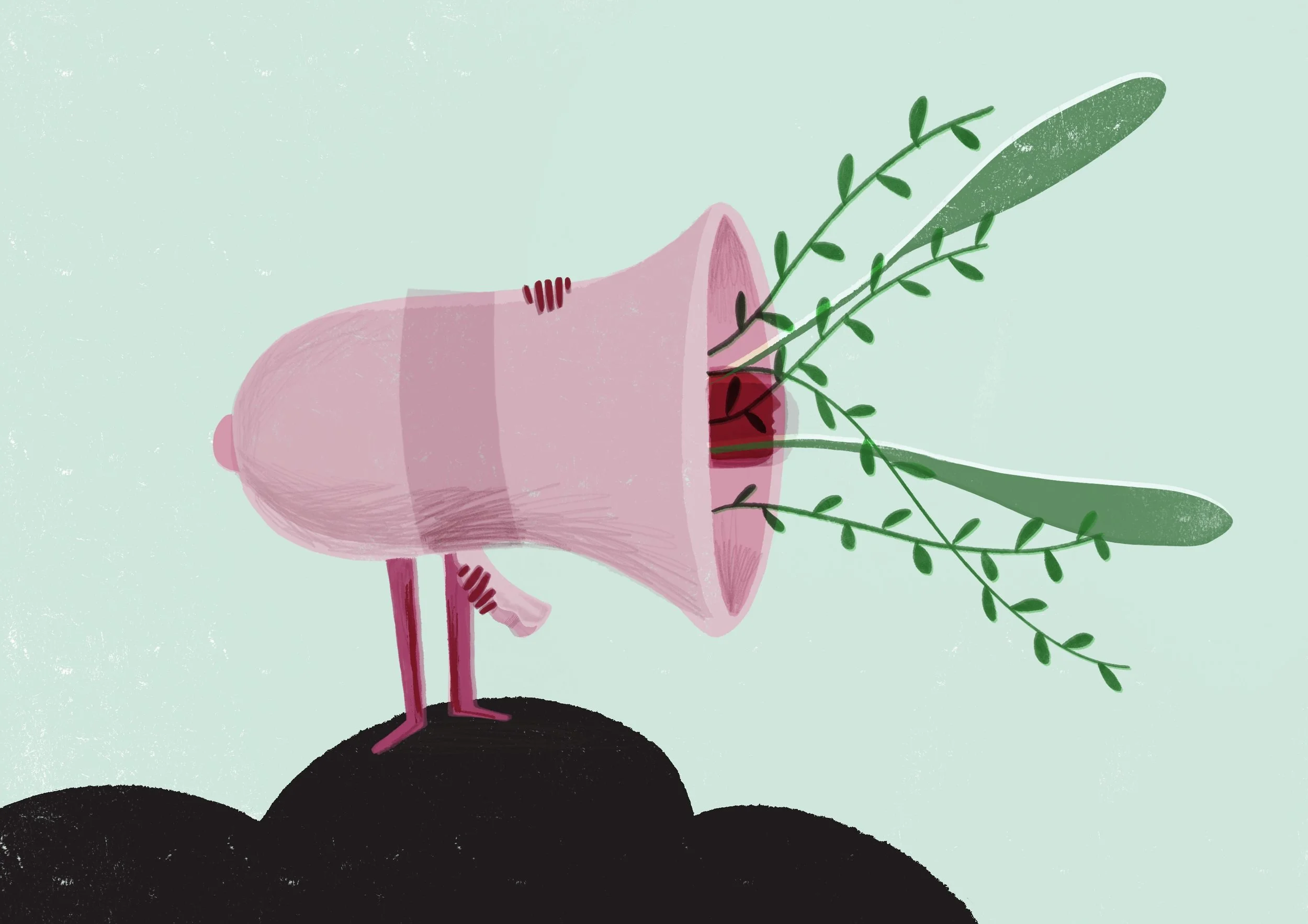COP30 picks up the pace on inclusion of children, yet should have gone further
Despite welcome steps toward recognising children’s rights at COP30, governments fell short on the action needed to protect children from the climate crisis. CRIN has joined the Children’s Environmental Rights Initiative coalition to warn that without the phase-out of fossil fuels - as well a commitment to prioritise children in all climate decision-making - any progress made is purely symbolic. We cannot accept business as usual if we want to secure a liveable future.
At COP30, the coalition saw an increased recognition of children and progress in mainstreaming of children’s rights and intergenerational equity, particularly in the Just Transition Work Program. Belém also offered a platform for children’s participation, with more than 150 children making their demands to Parties heard. We welcome the commitment in the Mutirao decision to protect the climate system for present and future generations, emphasizing children, youth, and intergenerational equity. The coalition appreciates initiatives to broaden children's engagement, but recognizes that more needs to be done. At a time when civic space is shrinking globally, it is imperative that spaces such as COP ensure safe, genuine and meaningful inclusion of groups which can often be marginalized in decision-making spaces, including children, youth, women, Indigenous People, local communities and people with disabilities, amongst others.
But these developments fall short without real progress made on scaling up adaptation finance and a fair, fast and funded transition away from fossil fuels. Governments also missed yet another opportunity to collectively commit to include children as a primary consideration in their climate decision-making at all levels.
The climate crisis is not a problem of the future. Children are being disproportionately impacted now - with heatwaves closing down schools, floods and cyclones washing away children’s homes and droughts forcing girls into early marriage. These impacts are particularly severe for children experiencing poverty, inequality and discrimination. Children are a common responsibility of all; unless world leaders reflect that in their actions, the fight goes on!
Georgina, a 11-year-old from Tanzania said, “COP 30 was a COP for children, which gave us a space to raise our voices and tell the adults, the big people at the big tables, that we are getting impacted by climate change even more than the environment.
We need more COPs for children because our voices matter. We may have small hands, but we have a bigger impact. So please don't take us as a joke. We are serious because climate change involves us, and don't do something about us without us being there.”
Francisco, a 16-year-old from Colombia said, "’Palabra volant, scriptum manent’ is a Latin phrase that symbolizes the importance of mentioning, recognizing, including, and valuing children. It means: “Words fly away, what is written remains.” Childhood requires actions, not just empty words."
Children's rights, and broader human rights, the rule of law and science must be upheld in climate policies, finance and action. We cannot accept business as usual if we want to secure a liveable future. We must phase out fossil fuels and limit global warming to 1.5 degrees in order to ensure the right to a healthy environment for current generations - and those to come.

